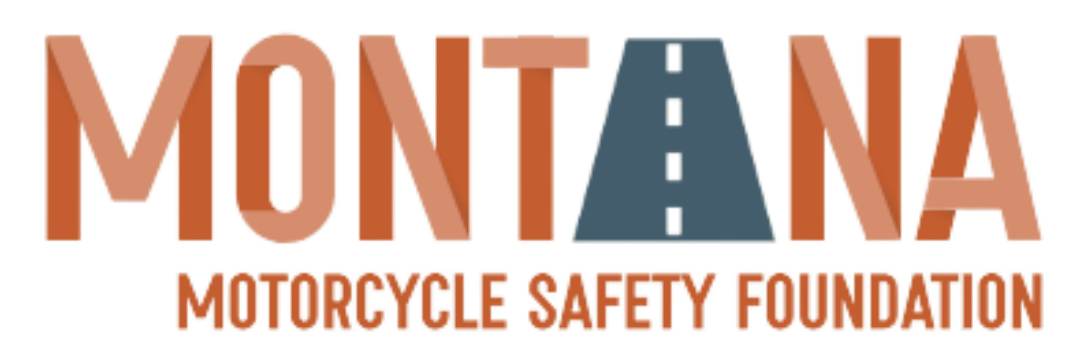Motorcycle safety is not just about helmets or jackets. It’s about protecting yourself and others every time you ride. Whether you’re new to riding or experienced, understanding the basics of motorcycle safety helps prevent crashes, saves lives, and builds confidence.

Why Motorcycle Safety Matters
Motorcycle safety begins with awareness. Riders have higher exposure than drivers. Even minor mistakes can result in major injuries. According to national statistics, motorcycle crashes are more likely to result in serious injuries than car accidents. That is why each rider must accept responsibility for their riding safety and recognize the risks they confront on the road.
Essential Motorcycle Safety Facts
Motorcycle safety facts highlight the dangers of ignoring protective habits. Wearing a helmet reduces the risk of head injury by 69%, according to the National Highway Traffic Safety Administration (NHTSA).
Bright or reflective clothing increases rider visibility, helping to prevent accidents caused by other drivers failing to see motorcycles. Additionally, as reported by the NHTSA, speeding, alcohol use, and poor weather conditions remain leading causes of motorcycle accidents.
Knowing these motorcycle safety facts can help you make better choices before and during each ride.
Everyday Habits for Better Riding Safety
Riding safety begins before you even start your engine. Always inspect your motorcycle. Check your brakes, lights, and tire pressure. Wear all the proper gear, including a DOT-approved helmet, gloves, long sleeves, pants, and boots.
Ride at a safe speed and stay alert. Look out for traffic signals and avoid blind spots. Practicing these habits every day supports long-term motorcycle riding safety.
Motorcycle accidents don’t just impact the riders—they affect families, communities, and emergency response systems. That’s why it’s critical to embrace a proactive approach to road safety.
Make motorcycle safety a priority by equipping yourself with the right knowledge and habits that protect lives. From wearing the proper gear to understanding road conditions, every decision counts. To learn more about why this matters and how to protect riders on the road, read this guide: Why Motorcycle Safety Matters: Protecting Riders on the Road.
Help Ensure Fellow Riders Practice Motorcycle Riding Safety
Motorcycle safety is not just a personal issue—it affects everyone on the road. Encourage friends and family to take a motorcycle safety course.
Share your knowledge and your lessons learned. If you see unsafe behavior, offer advice with kindness. When you help ensure fellow riders practice motorcycle riding safety, you’re building a stronger, more responsible riding community.
Why Motorcycle Safety Should Never Be Overlooked
With millions of motorcyclists on the road each year, the risk of accidents continues to rise. Unlike cars, motorcycles offer minimal protection in a crash. That’s why safety gear, defensive riding, and proper training are critical.
Motorcycle crashes made up 13% of all motor vehicle accidents in 2022, with around 6,000 rider fatalities, according to the CDC.
Regardless of your experience level, committing to safety can make all the difference. For a deeper look at the statistics and what you can do to stay protected, read Why Motorcycle Safety Matters: Protecting Riders on the Road.
Staying Safe Starts Here
Motorcycle riding can be fun, but safety must always come first. By taking a motorcycle safety course, knowing critical motorcycle safety facts, developing strong riding safety habits, and helping to ensure that other riders practice motorcycle riding safety, you can make every ride safer. Stay prepared and aware, and ride smartly.
Stay Connected with the Montana Motorcycle Safety Foundation
Your commitment to safer roads makes a difference. At the Montana Motorcycle Safety Foundation, we value your feedback and welcome your questions. Whether you’re looking for training and guidance or want to share your experience, we’re here to support your journey. Connect with us today—your voice matters.
